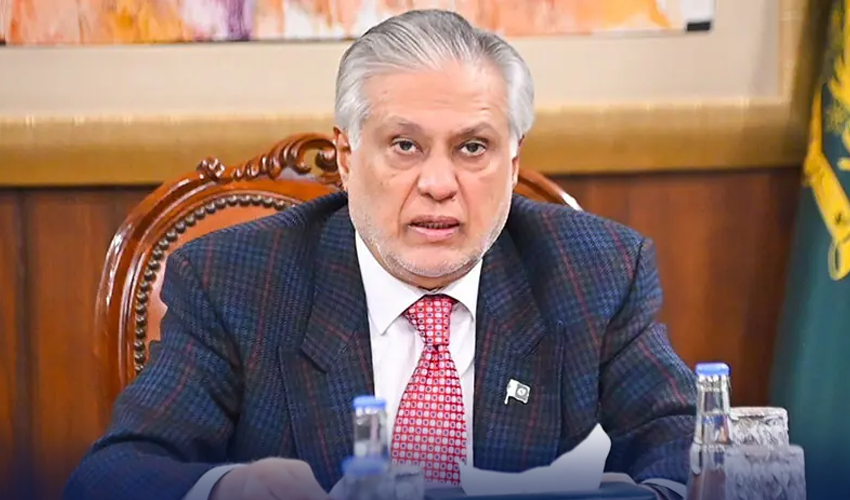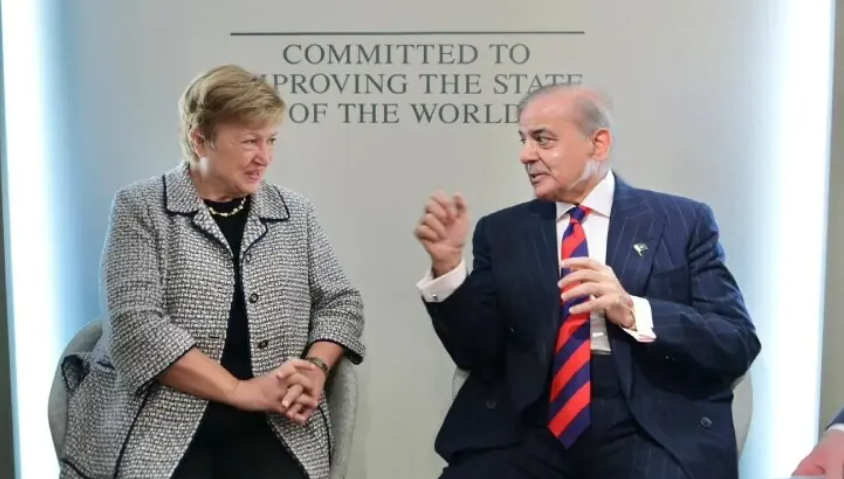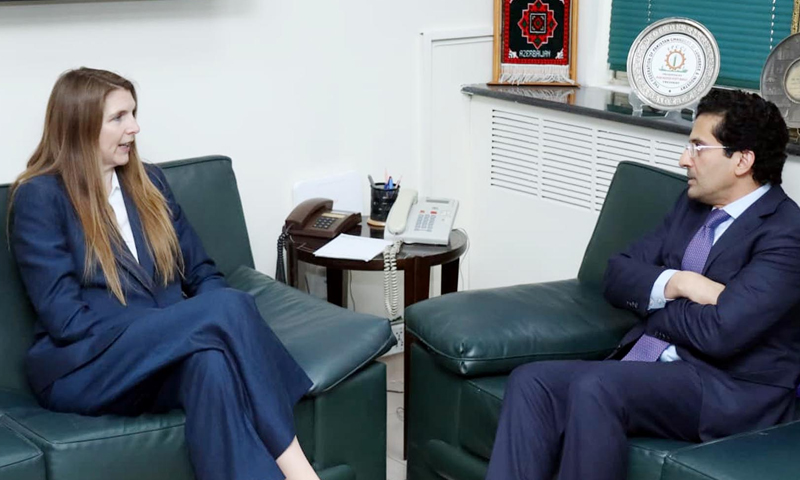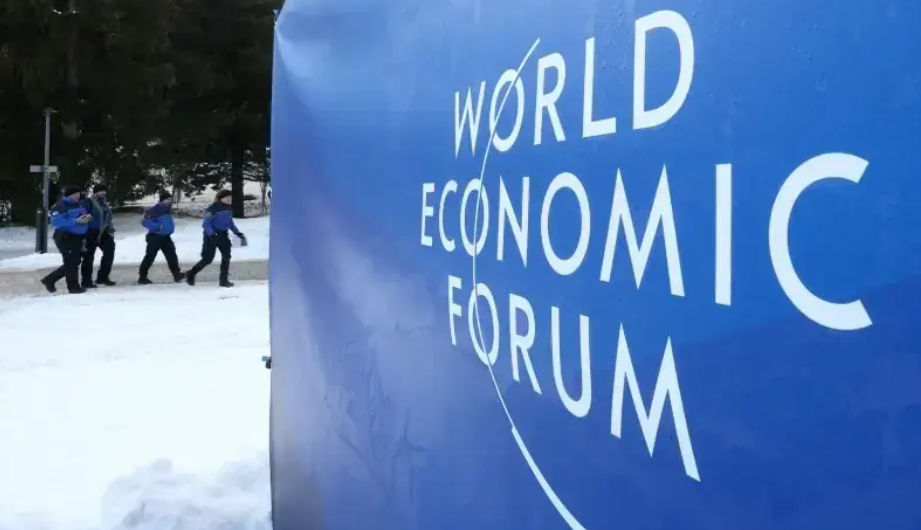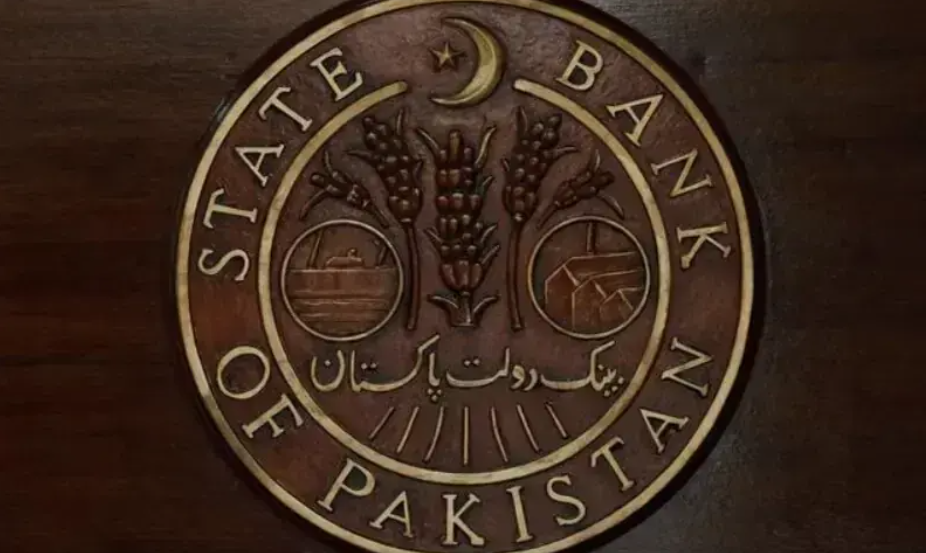TRADE & ECONOMY
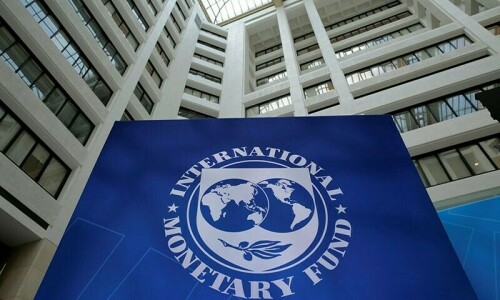
The Executive Board of the International Monetary Fund (IMF) has approved a 37-month Extended Fund Facility (EFF) for Pakistan, releasing a $1 billion tranche as part of a $7 billion bailout package. The IMF emphasized the need for sustained implementation of key reforms, especially broadening the tax base and improving fiscal management, to ensure long-term economic stability.
The deal, agreed upon in July, marks Pakistan’s 24th IMF bailout since 1958. It comes with stringent conditions, including raising taxes and making painful adjustments to energy prices, to address the country's economic challenges.
The Need for Sustained Reforms
In a statement released after the board's decision, the IMF highlighted the “criticality of sustained program implementation,” calling for close cooperation with development partners to mobilize additional financing and maintain market access. The Executive Directors noted that broadening the tax base and enhancing tax administration were essential for Pakistan to improve public service delivery and reduce debt.
“This program should be considered the last program,” Prime Minister Shehbaz Sharif remarked in July when the loan agreement was finalized, stressing that Pakistan needed to wean itself off international bailouts through reforms.
Pakistan’s government has already introduced several unpopular but necessary reforms. Last week, the government approved stricter tax enforcement measures, including a ban on banking and financial transactions for those who do not file tax returns. In addition, a comprehensive reform plan, including digital invoicing, desk audits of tax returns, and a prize scheme to encourage tax compliance, is set to be implemented over the next three to four years.
Structural Reforms and Taxation
The IMF stressed the importance of reforming Pakistan’s tax system. In particular, it called for the elimination of special sectoral regimes, which have historically benefitted sectors like large-scale agriculture and industry. By broadening the tax base, Pakistan could generate additional revenue to fund crucial investments in education, healthcare, and infrastructure.
The IMF Directors also urged Pakistan to move away from its state-led growth model, advocating for greater competition and a level playing field for businesses to reverse the decline in living standards. This includes reforming state-owned enterprises (SOEs), removing trade barriers, and addressing governance issues.
“Continued strong financial support from development and bilateral partners will be critical for the program to achieve its objectives,” the statement noted, acknowledging the vital role of China, Saudi Arabia, and the United Arab Emirates, who have pledged additional financing to Pakistan.
Economic Stability and Energy Sector Reform
One of the key conditions for Pakistan’s economic recovery is the stabilization of the energy sector, which has been in crisis for decades. The IMF directors noted that energy sector reforms, including cost-based tariffs, are essential for long-term sustainability. They emphasized the importance of reducing circular debt and ensuring that the energy sector operates efficiently to avoid further fiscal strain.
Inflation and Financial Sector Stability
Pakistan has faced a period of high inflation, but the IMF welcomed the recent decline, noting that inflation had dropped to single digits due to tight fiscal and monetary policies. The State Bank of Pakistan has also cut the policy rate by 450 basis points since June, reflecting disinflationary trends.
However, the IMF warned that despite these positive developments, Pakistan’s structural vulnerabilities remain significant. The business environment is weak, governance issues persist, and the state plays an outsized role in the economy, stifling private sector investment.
To safeguard financial stability, the IMF urged the authorities to enhance bank regulatory frameworks and address the risks posed by undercapitalized financial institutions. The directors also emphasized the need for the exchange rate to act as a buffer against external shocks, helping Pakistan rebuild its foreign reserves.
Moving Forward with Reforms
IMF Deputy Managing Director Kenji Okamura, who chaired the discussion, highlighted that while the program had delivered renewed economic stability, significant structural challenges remain. He stressed that overcoming these challenges would require sustained efforts and faster implementation of structural reforms.
The IMF is urging Pakistan to focus on key priorities such as SOE reform, governance improvements, and promoting competition. Additionally, the institution called for enhanced efforts to build resilience to climate change through the implementation of the Climate Public Investment Management Assessment (C-PIMA) action plan.
As part of the bailout package, Pakistan will need to sustain fiscal consolidation beyond FY25, mobilize more revenue, and manage its expenditures prudently. This is critical for securing fiscal sustainability and ensuring that essential investments in human capital and infrastructure are made without crowding out private investment.
The IMF has also recommended reforms in the financial sector to address vulnerabilities and ensure long-term financial stability.
Conclusion
While Pakistan has made strides towards economic recovery under the IMF’s guidance, the road ahead remains challenging. The sustained implementation of reforms, particularly in broadening the tax base, improving governance, and stabilizing the energy sector, will be crucial for Pakistan to achieve long-term, inclusive growth. With the backing of international partners and a clear reform agenda, Pakistan has the opportunity to break free from its cycle of recurring bailouts and foster a more resilient and sustainable economy.
